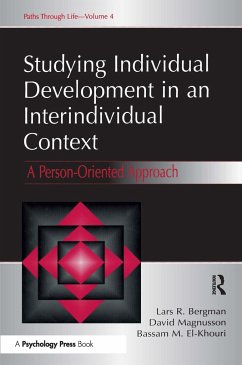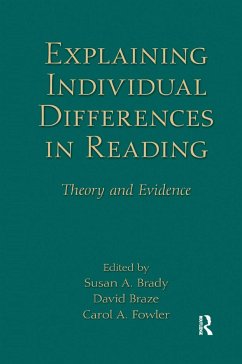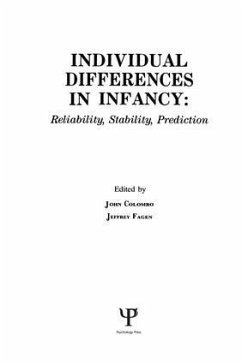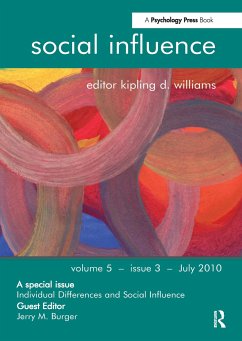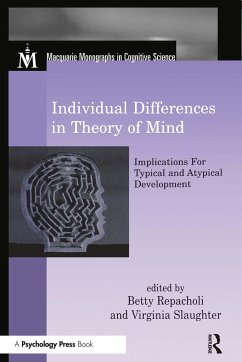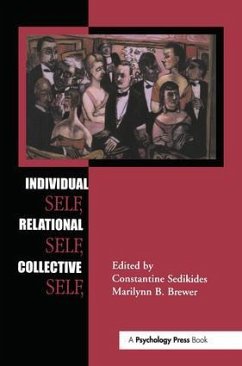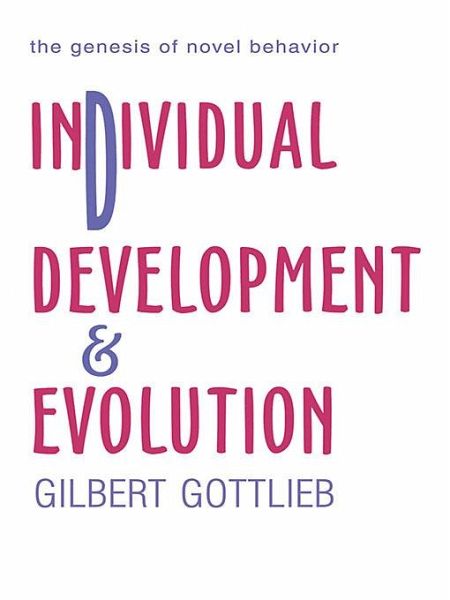
Individual Development and Evolution
The Genesis of Novel Behavior
Versandkostenfrei!
Versandfertig in 1-2 Wochen
68,99 €
inkl. MwSt.
Weitere Ausgaben:

PAYBACK Punkte
34 °P sammeln!
This work is intended to portray the interrelationship of heredity, individual development, and the evolution of species in a way that can be understood by nonspecialists. In striving to offer a straightforward historical exposition of the complex topic of nature and nurture, the author tells the story through a central cast of characters beginning with Lamarck in 1809 and ending with a synthesis of his own that depicts how extragenetic behavioral changes in individual development could be the first stages in the pathway leading to evolutionary change. On the way to that goal, he describes rel...
This work is intended to portray the interrelationship of heredity, individual development, and the evolution of species in a way that can be understood by nonspecialists. In striving to offer a straightforward historical exposition of the complex topic of nature and nurture, the author tells the story through a central cast of characters beginning with Lamarck in 1809 and ending with a synthesis of his own that depicts how extragenetic behavioral changes in individual development could be the first stages in the pathway leading to evolutionary change. On the way to that goal, he describes relevant conceptual aspects of genetics, embryological development, and evolutionary biology in a nontechnical and accurate way for students and colleagues in the behavioral and social sciences. The book presents a highly selected review as a prelude to the description of a developmental theory of the phenotype in which behavioral change leads eventually to evolutionary change. This book grew out of an invited interdisciplinary course of lectures for advanced undergraduate and graduate students at the University of Colorado, Boulder. Presenting the various ways about thinking about heredity, individual development, and evolution, the author had three goals in mind: *to establish the relevance of individual development to the evolution of species; *to describe the most appropriate way to think about or conceptualize heredity in relation to individual development; *to show that this somewhat unorthodox manner of conceptualizing heredity and individual development gives rise to a new way to think about the behavioral pathway leading to evolution. In conclusion, the present work will provide a contribution toward the possible dissolution of the nature-nurture dichotomy, as well as a contribution to evolutionary theory.





